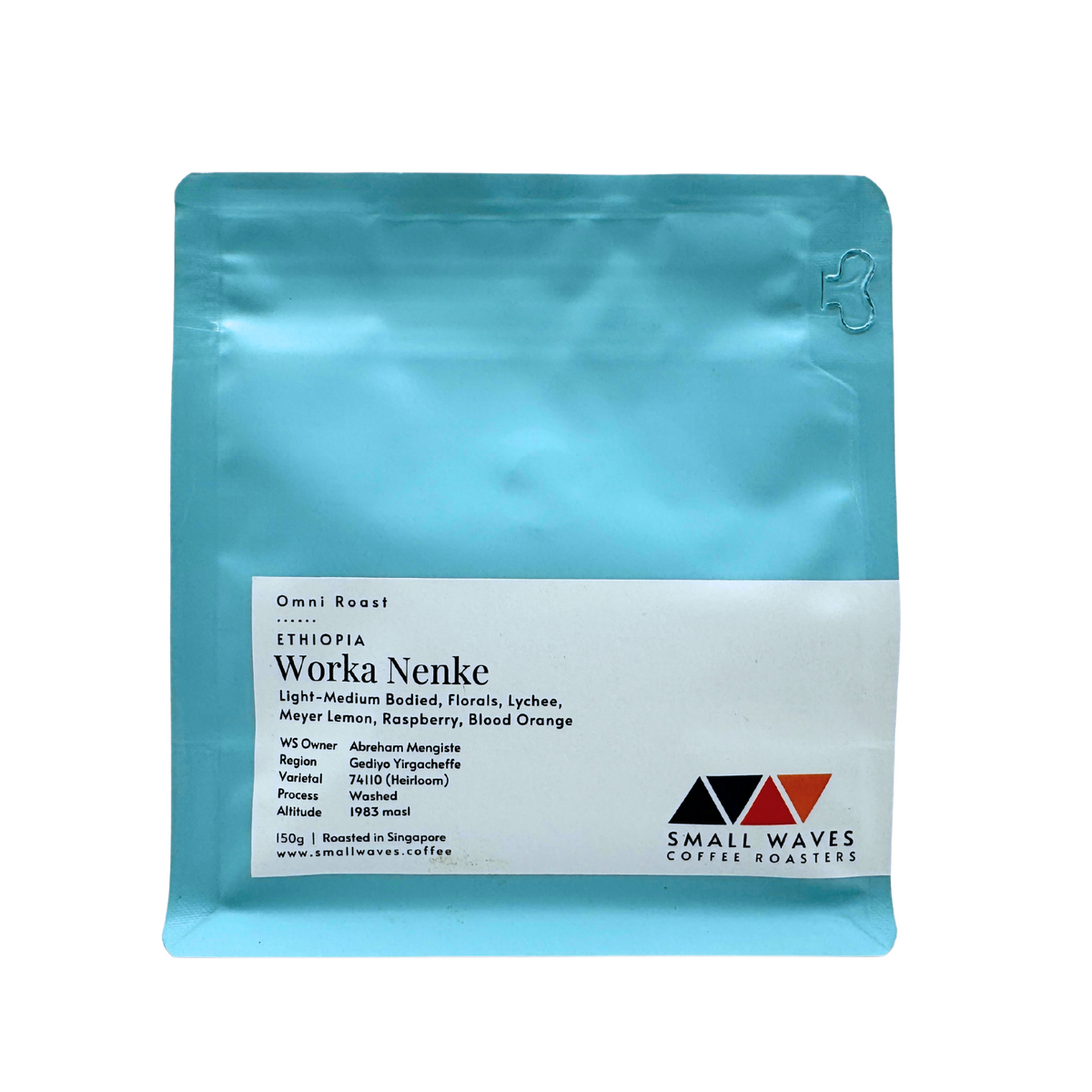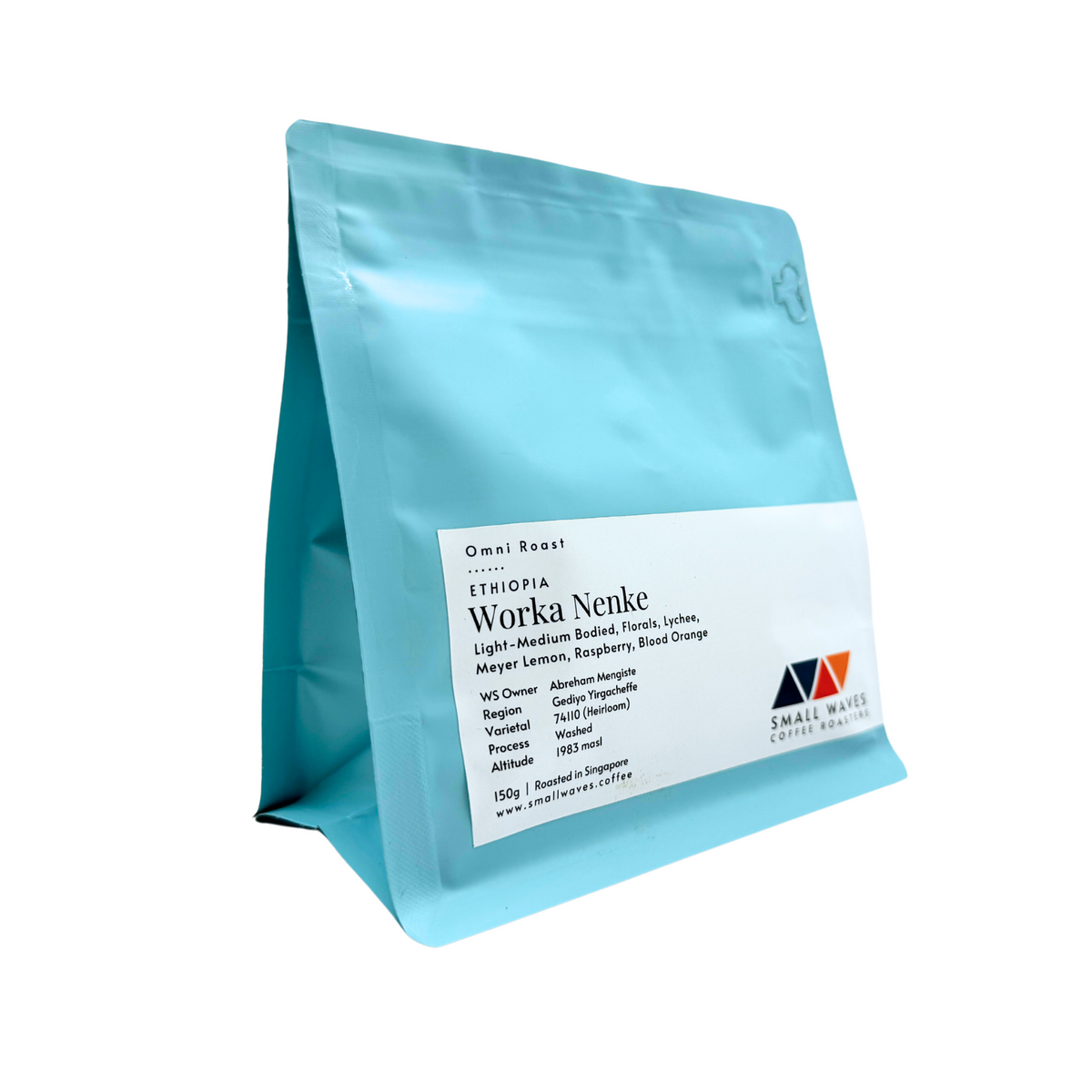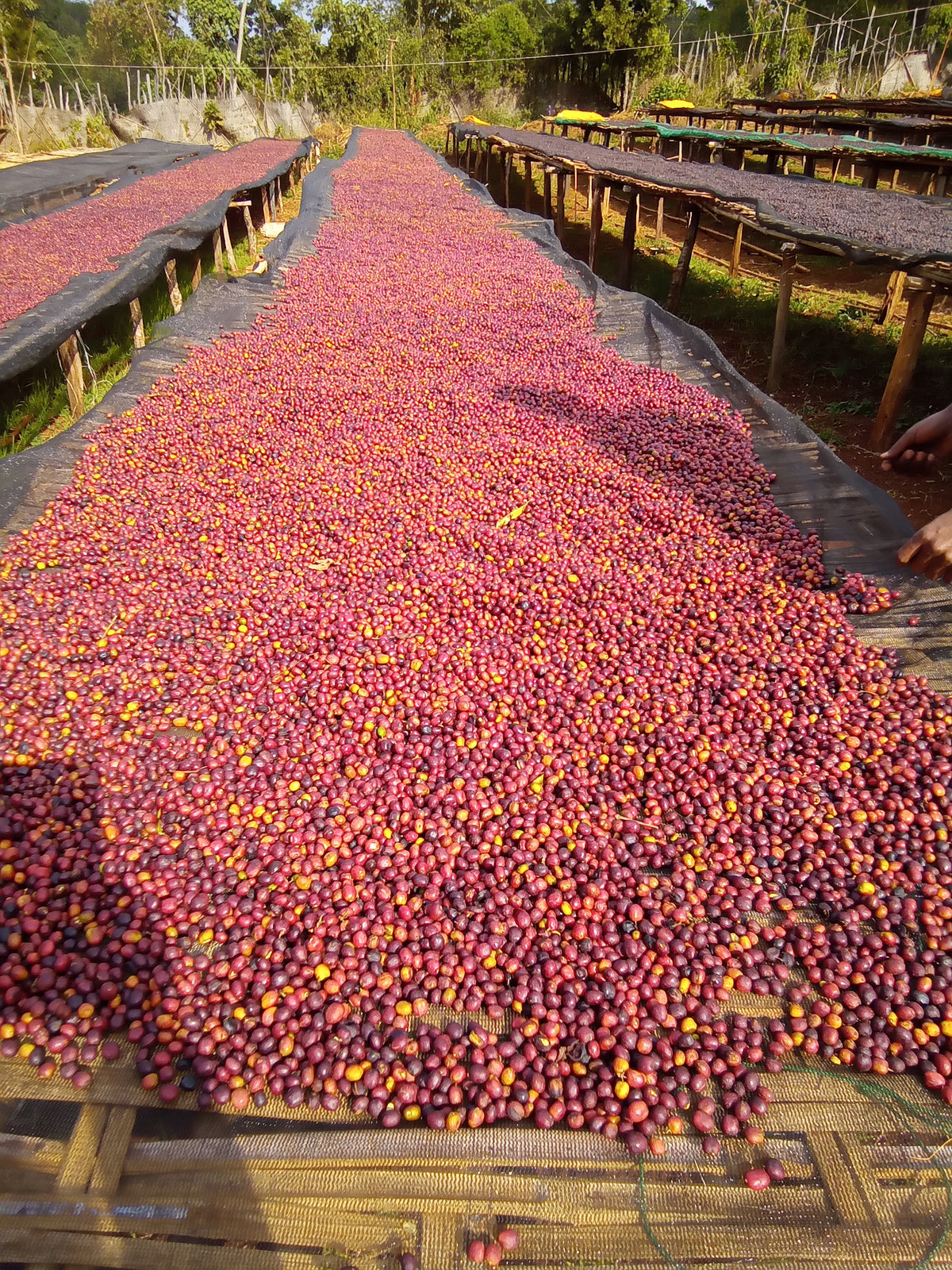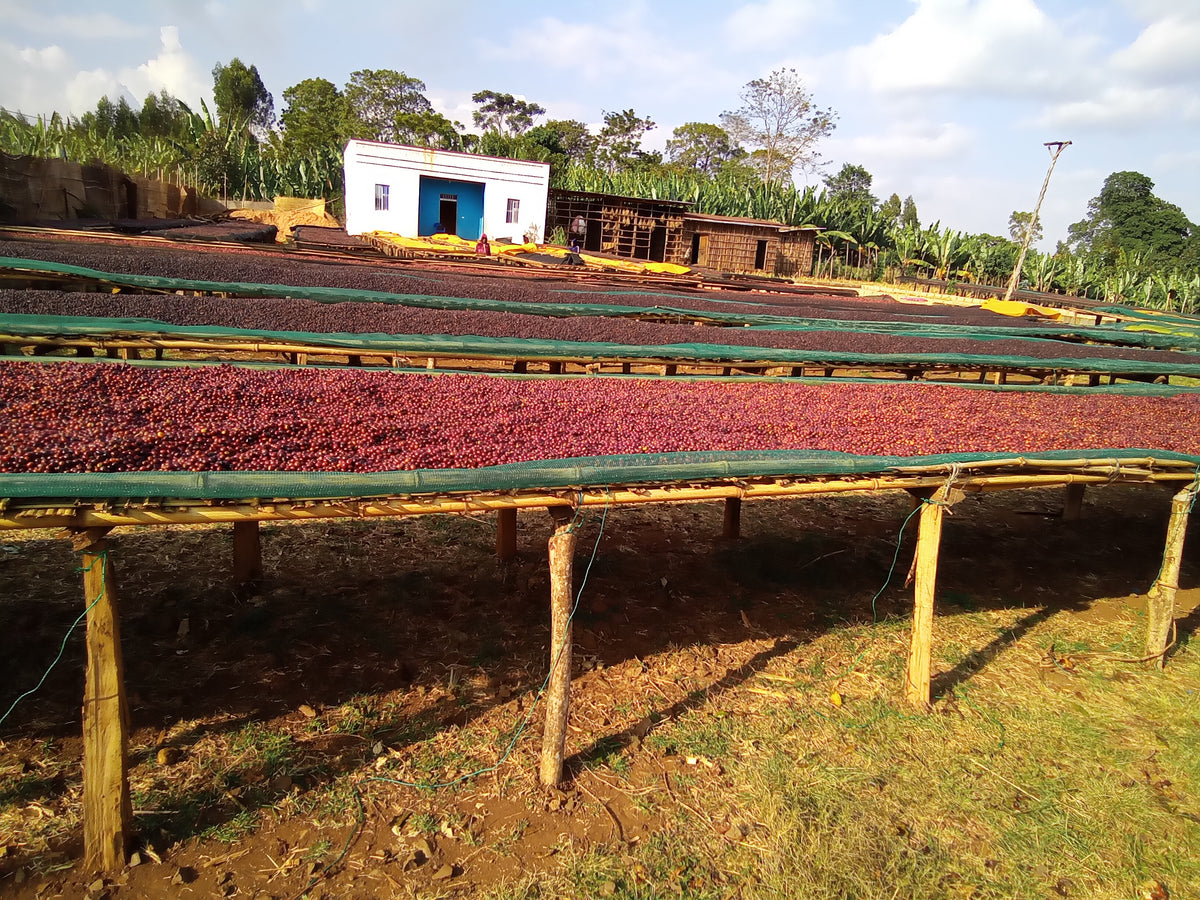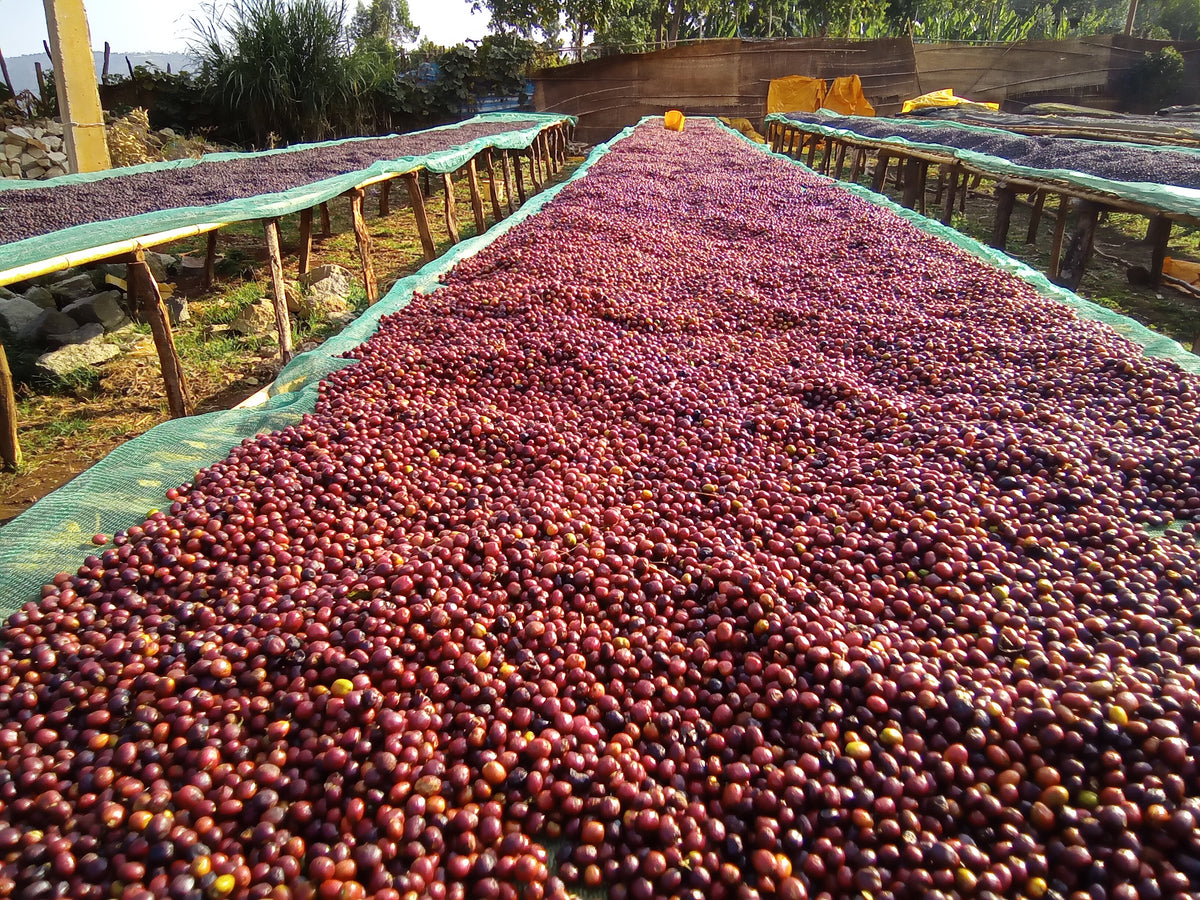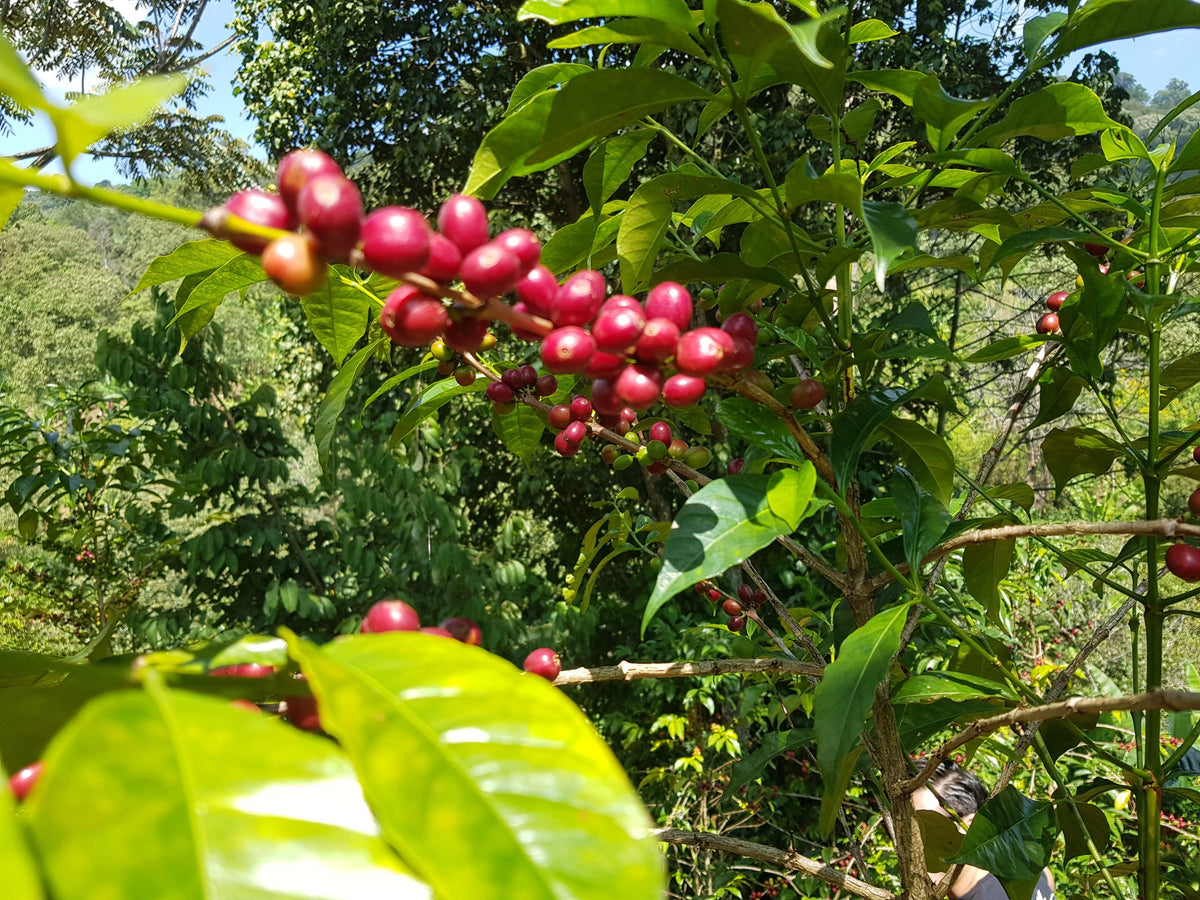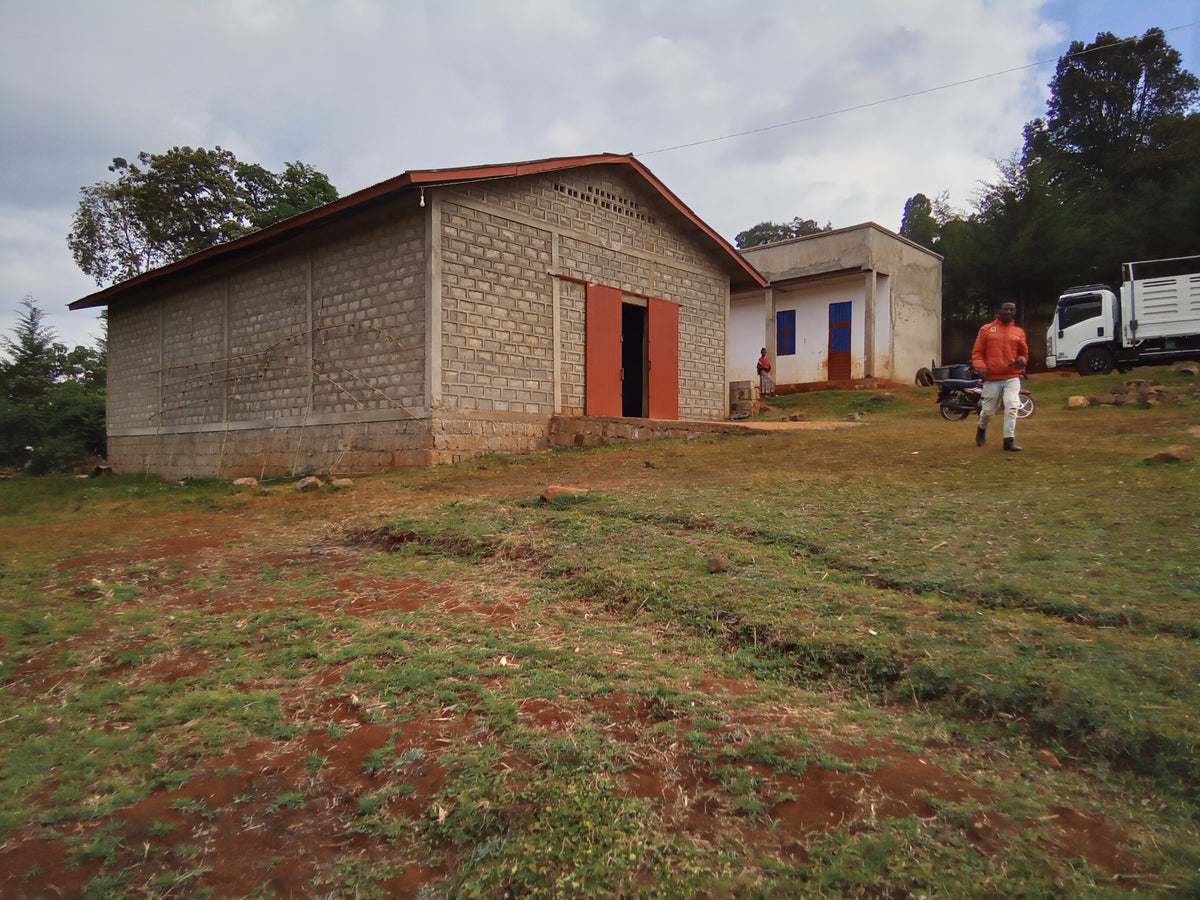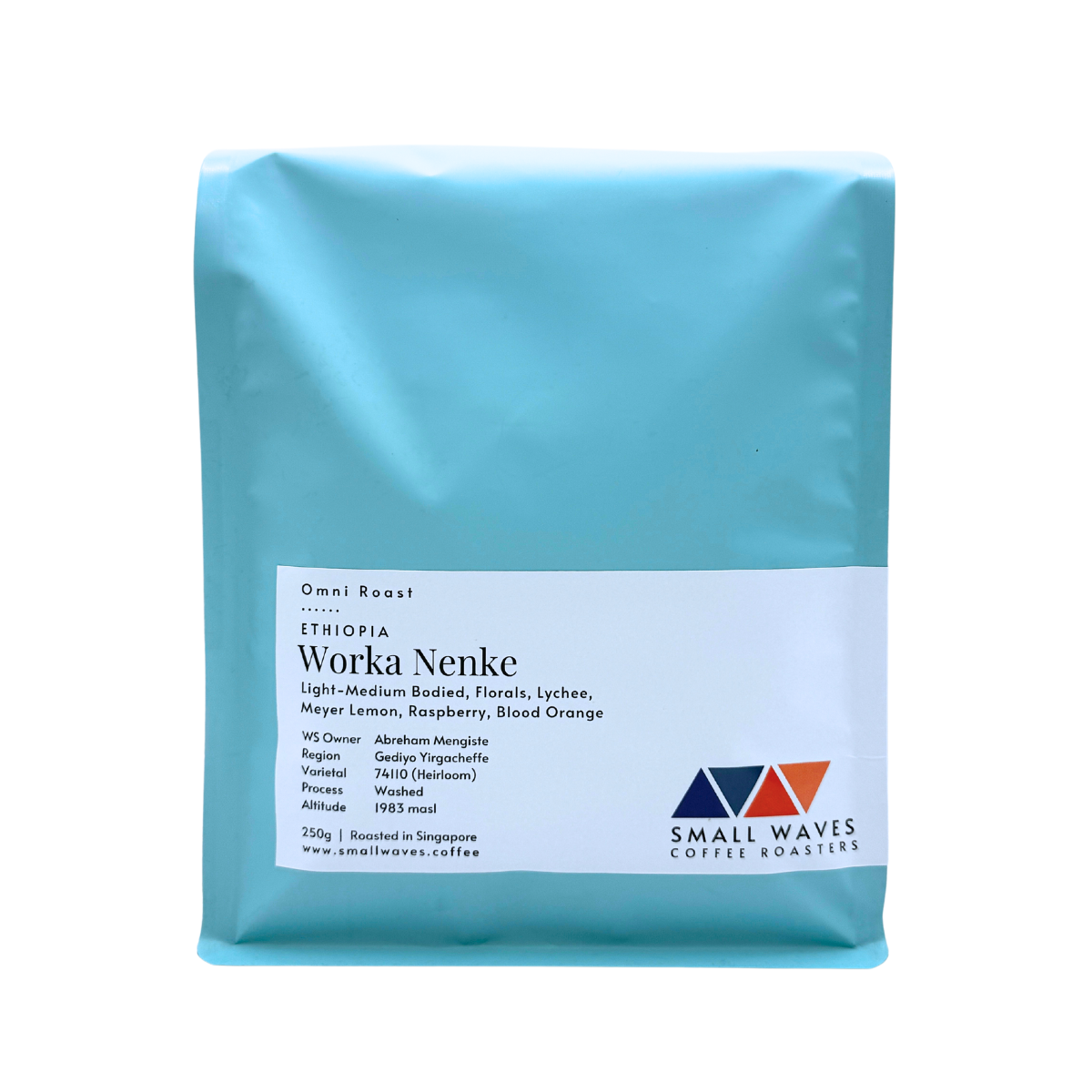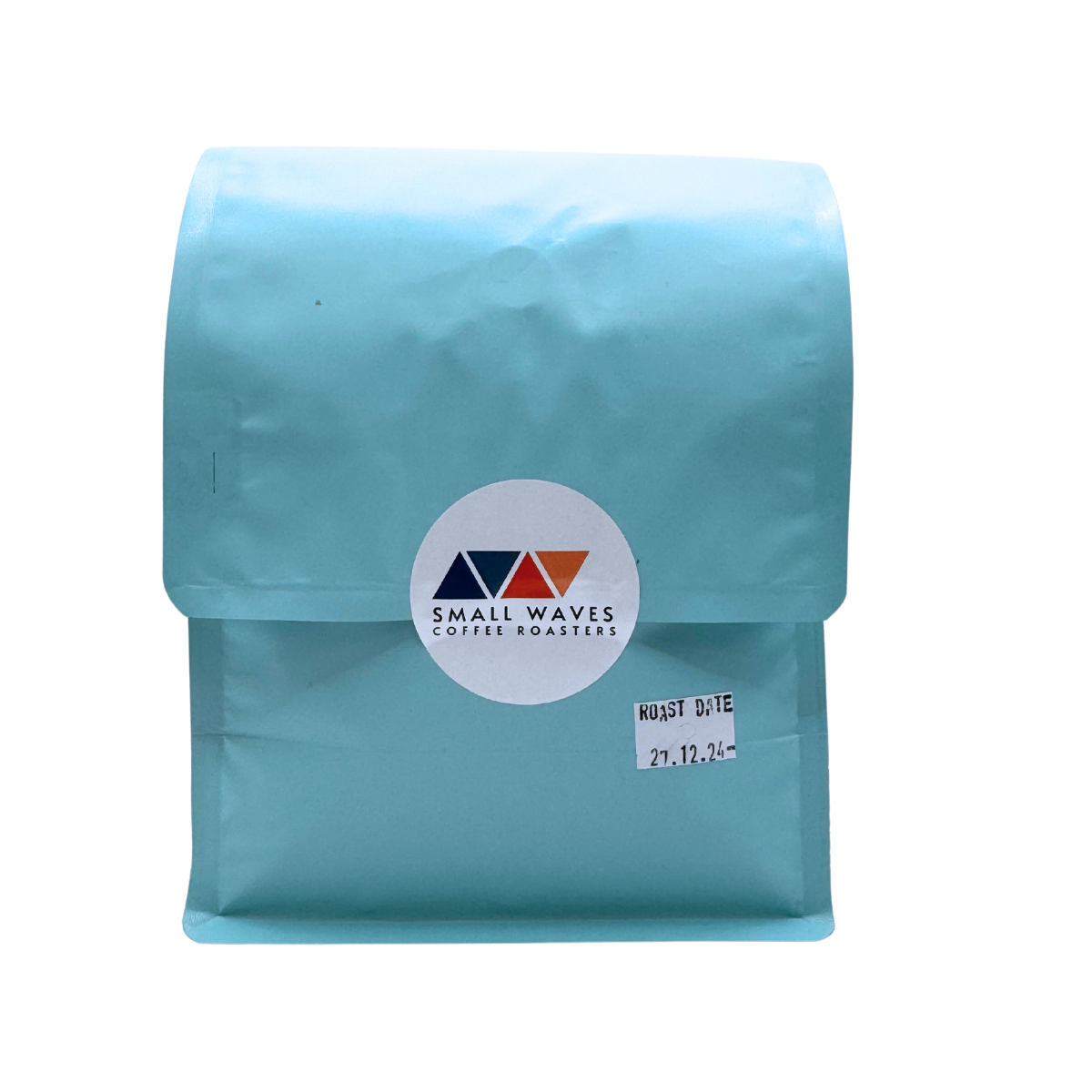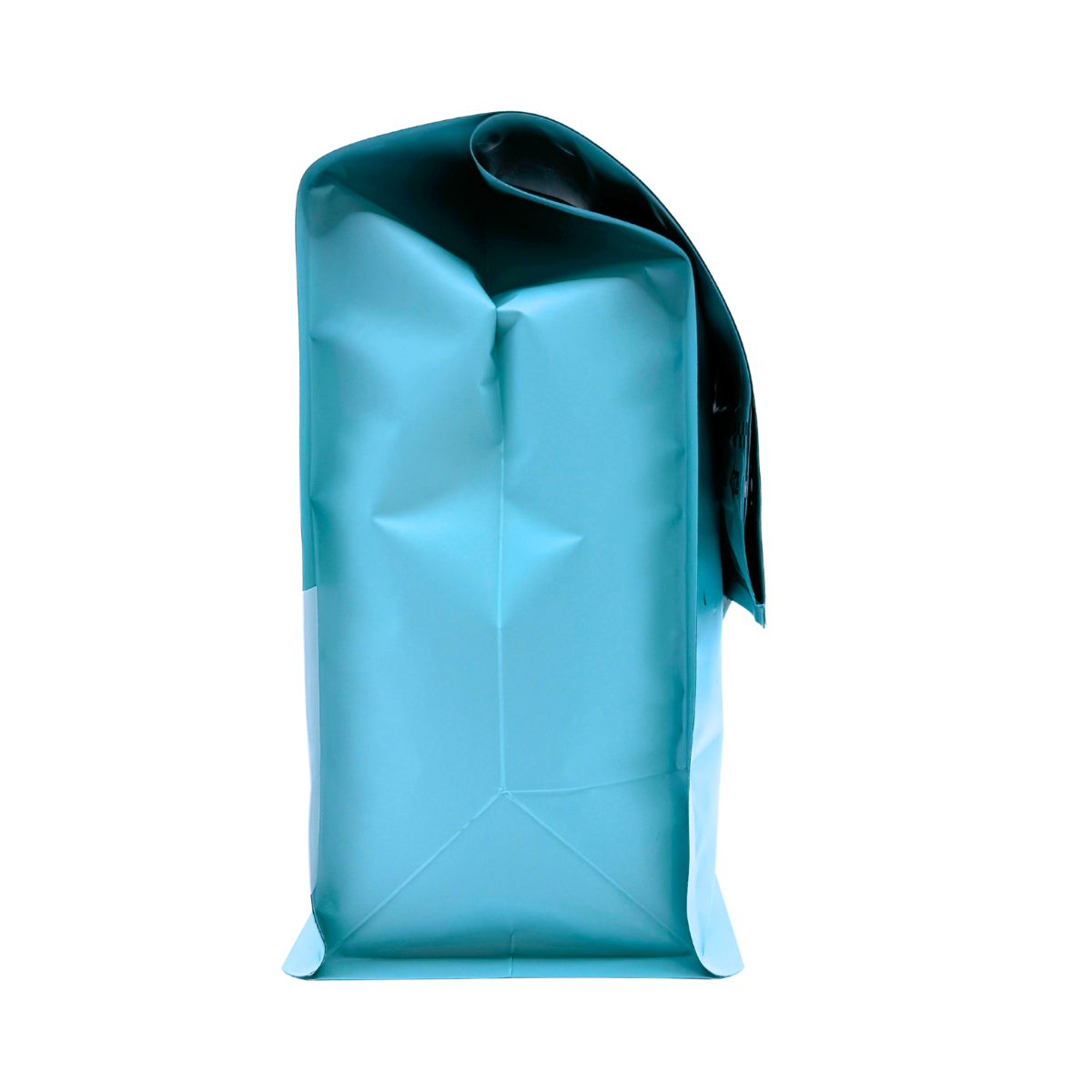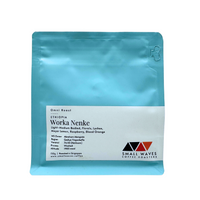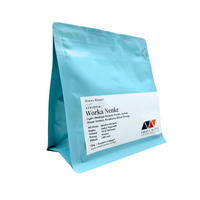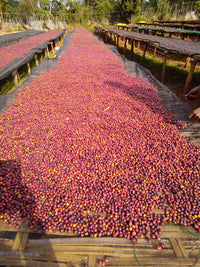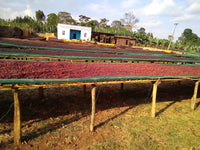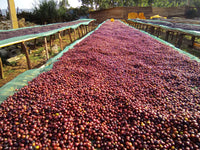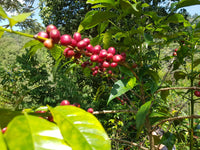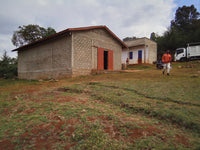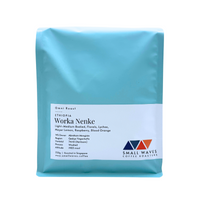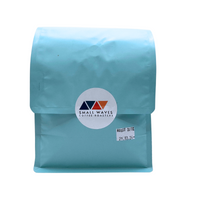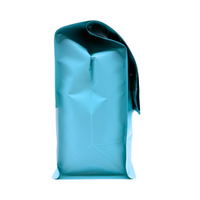Ethiopia Worka Nenke Washed
-
Product Info
About the Roast
Roast will be sent out within a week of roasting. Next roast is the coming weekend (cut off on Friday 6pm) and will be sent out the following week's Monday. *Check our homepage for exact next roast date!
Roasted for: Filter and Espresso
Body: Light-Medium
Acidity: Low-Medium
Sweetness: Medium
Roast level: Medium
Tasting notes:
On Filter: Florals, Raspberry, Lychee, Meyer LemonOn Espresso: Medium bodied, Raspberry Jam, Blood Orange
Please note that the 500g & 1kg packaging comes in a pale blue (similar coloured) resealable valved bag.
About the beans
Washing Station Owner: Abreham Mengiste
Region: Gediyo Yirgacheffe
Varietal: 74110 (Heirloom)
Process: Washed
Altitude: 1983 maslAfter the coffee is carefully hand-picked by each producer – they are carried to the washing station. This is roughly an 8km journey for producers, and is normally done on foot, by donkey, or motorbike. Upon arrival, the cherries are immediately sorted to remove under and overripe cherries. Once sorted, the cherries are pulped to remove the external fruit and placed in tanks to ferment for 48 – 72 hours. This allows for the breakdown of the mucilage. After fermentation, the coffee is rushed through channels of water to remove any remaining mucilage. The coffee is then evenly dispersed on raised beds to dry in the open sun until the ideal moisture content is reached. The coffee is covered during this process to protect it from the harsh sun rays, preventing any cracking.
After drying is complete, the cherries are trucked to the dry mill, located near the capital city, Addis Ababa. At the dry mill, a pre-cleaning machine removes foreign matter, metal, and stones. A huller removes the dried exterior fruit, and a polisher removes the parchment, and silver skin. Once perfectly polished, the coffee is graded based on screen size and placed in a gravity separator to remove lightweight and broken coffee beans. Colour sorters provide another layer of quality control, by removing defected beans. A final look by hand is done to ensure nothing was missed.
To combat these obstacles, producers have begun to work with agricultural development agents to create new environmental protection projects. These projects include removing older trees and replanting with more sustainable varieties. To ameliorate the ever-changing market, various stakeholder organisations are working to pay fairer prices to the producers.
Another way producers ensure the environmental conditions, and the quality of their coffee are maintained is by regulating the soil health. This is done via incorporation of compost into the soil. Shade trees are also planted throughout each farm – providing an ideal climate for coffee whilst promoting nutrient health within the soil. Coffee producers in Ethiopia are classified as ‘passive organic,’ meaning that they have 100% organic production methods, but are unable to afford the high certification fees. Natural methods are used to fertilize the soil and prevent the spread of pests and diseases; especially since producers lack access to chemical inputs.
Yirgacheffe, Worka, Nenke
Grown in the well-known Yirgacheffe region of Ethiopia, this coffee comes from a collection of smallholder producers in the area of Nenke.
Coffee is a family crop – grown by households within small gardens, on less than one hectare of land. Producers line their homes with coffee trees, and it is the primary source of income. It is common for producers to intercrop enset, the Ethiopian banana, avocados, and papaya to have additional food sources.
Although this is an ancient and rich coffee-producing region; producers are still facing threats such as climate change and alterations in the environment. Additionally, as the climate shifts to warmer and moister conditions – it is creating a more habitable area for the Coffee Berry Borer, a common coffee pest in Ethiopia. On top of that, producers also struggle with the fluctuating market and high input costs.
74110 (Heirloom)Varieties of coffee grown here are traditionally referred to as ‘heirloom’ by exporters – a catchall terminology which often masks the wide assortment of varieties that may be present within various regions, even within farms. Many of these varieties will have been developed by Ethiopia’s Jimma Agricultural Research Centre (JARC), which, since the late 1960s, has worked to develop resistant and tasty varieties for the Ethiopian coffee industry and also to provide the agricultural extension training needed to cultivate them.
The prefix ‘74’ indicates that the selection and cataloguing occurred in 1974.
The subvariety 74110 was selected from an original “mother tree” in the Bishari village in the Oromia region. The trees are short and compact, with small leaves and cherries.


